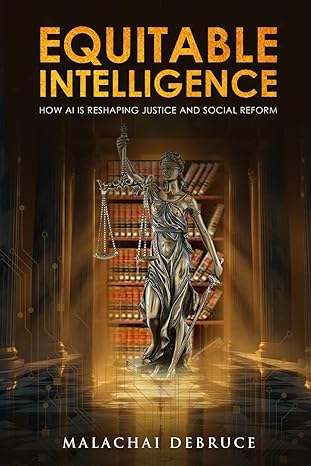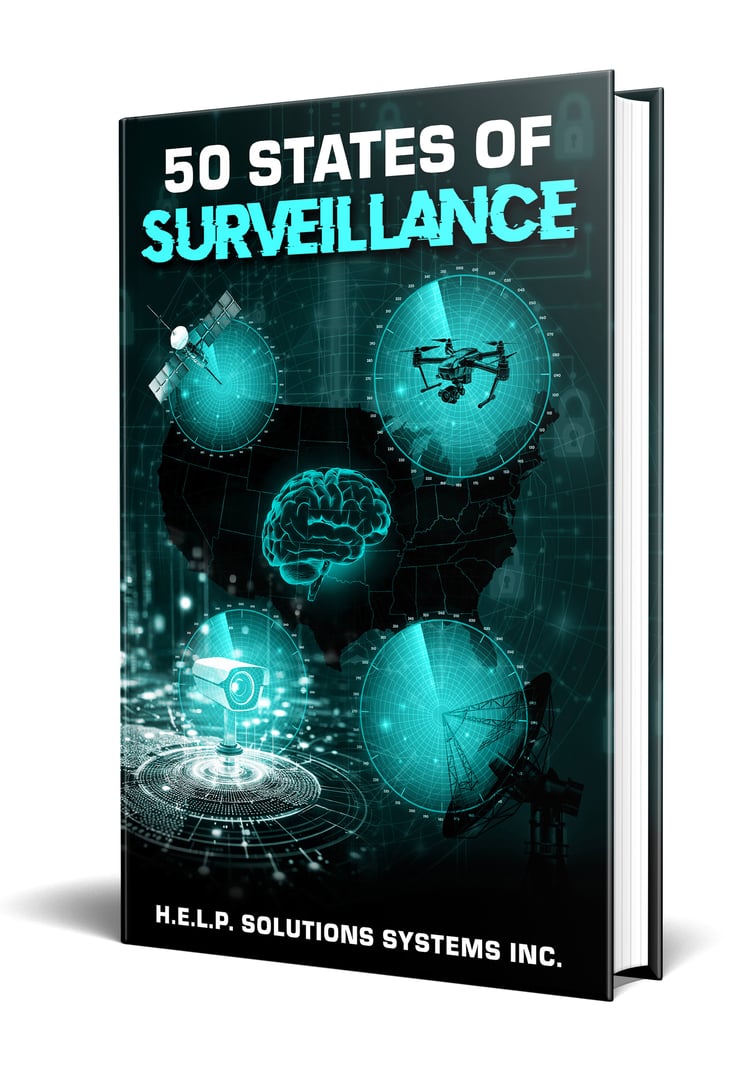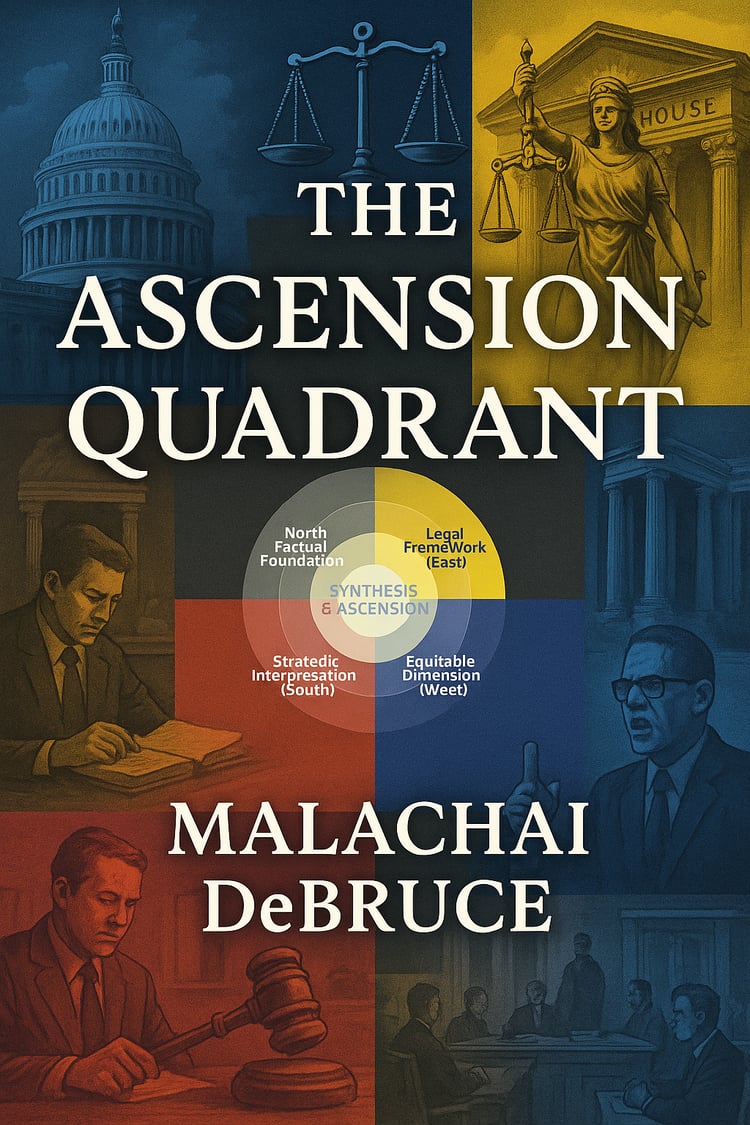EQUITABLE INTELLIGENCE - How AI and Data Are Rewriting the Rules of Social Justice
What happens when artificial intelligence becomes the judge, the jury, and the silent enforcer of the law?
For decades, the justice system has been shaped by human bias, unequal enforcement, and systemic failures. Now, AI is being positioned as the great equalizer—an incorruptible tool of law and order. But is it? Or is it simply reinforcing the same injustices under the guise of objectivity?
This book dismantles the myth of AI as a neutral force in policing, sentencing, and oversight. It examines how data-driven algorithms are being used to determine guilt, recommend prison sentences, and justify surveillance—often without accountability. It exposes the flaws in predictive policing, facial recognition, and automated decision-making that disproportionately impact marginalized communities. And it asks a fundamental question: Can AI ever truly deliver justice, or is it just making the invisible hand of bias even more powerful?
Equitable Intelligence is not a call to resist technology. It is a demand for transparency, accountability, and reform. It is an urgent look at how AI is already shaping the legal system, the risks it presents, and the ways it can be harnessed to serve justice rather than subvert it.
If you care about fairness in the legal system, the future of civil liberties, and the unchecked power of technology, this book is essential reading.










